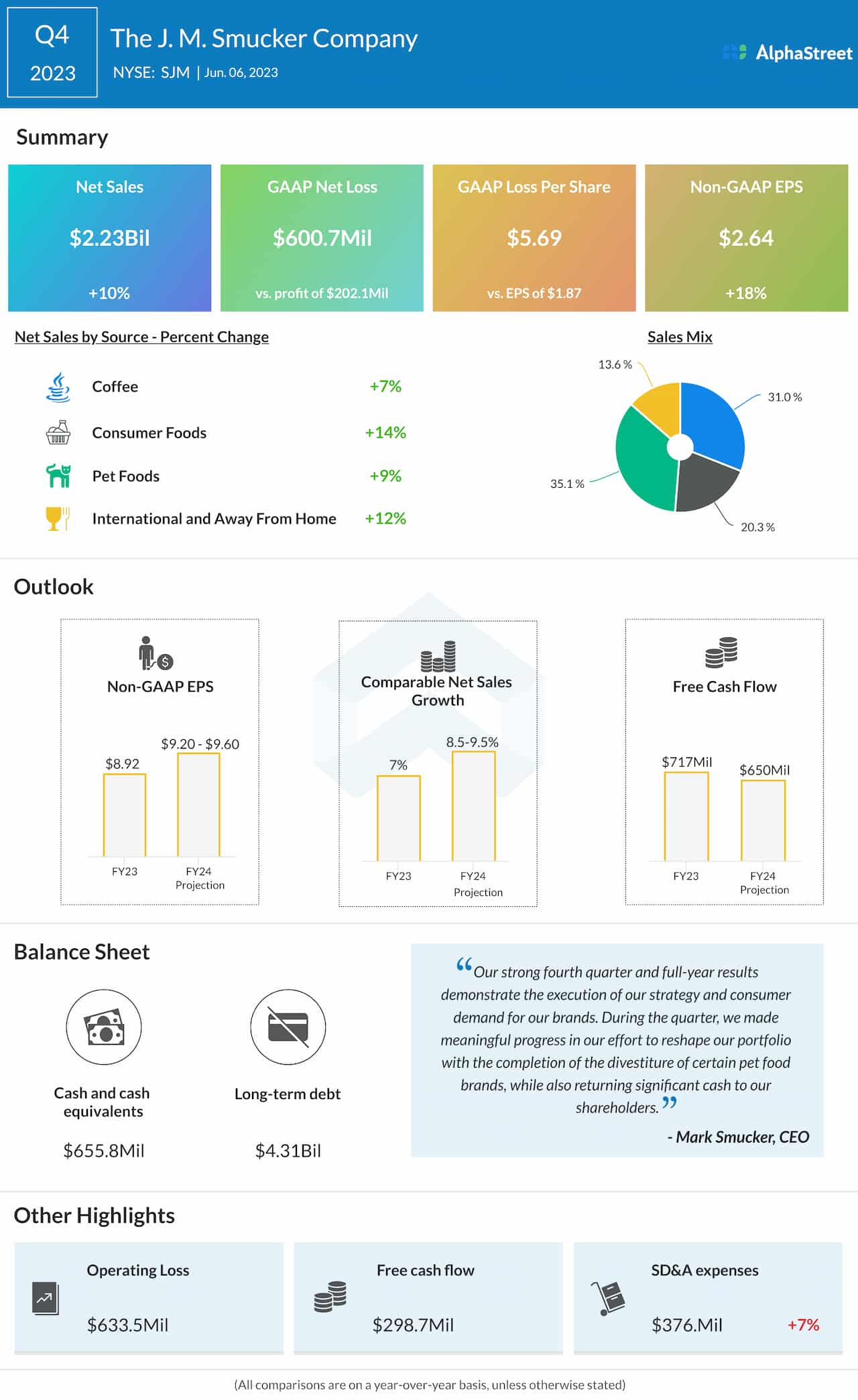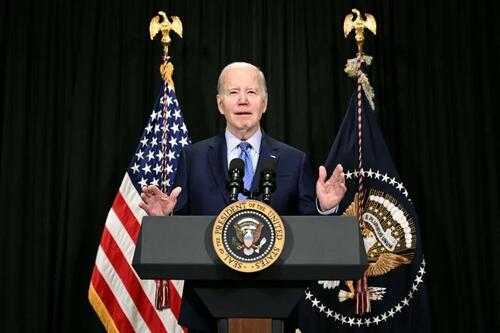The Centre’s recent decision to impose a 40% export duty on onions hasn’t gone down well with traders, with auctions being called off indefinitely in Nashik and farmer bodies protesting too. That disgruntlement is rife, although the promise of central procurement rates being raised above what onion farmers would get in export markets shows that this assurance has fallen flat. What they would rather have, it seems, is the freedom to sell their produce wherever it’s most remunerative. The export barrier treats them as captive suppliers for national purposes such as inflation control. Ironically, farm reforms are needed to address this. For too long, farmers have been kept away from market forces of demand and supply in the name of Indian food security. And with the government taking similar action with wheat, non-basmati rice and sugar, among other commodities, it’s unlikely that India will get around to giving up an interventionist model anytime soon. Right now, keeping a lid on food prices is the Centre’s goal. But the frequent use of these barricades isn’t just a bother for suppliers; they signal a policy approach at odds with agricultural liberalization.
Download The Mint News App to get Daily Market Updates.
More
Less
Updated: 23 Aug 2023, 12:25 AM IST















